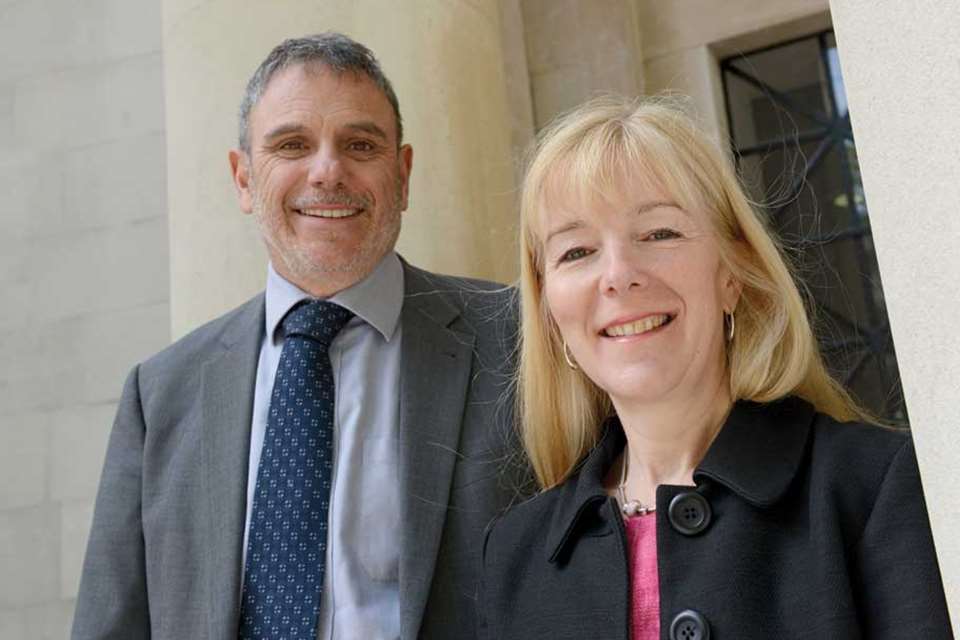Ofsted pilot leads to dramatic drop in complaint-driven inspections
Tuesday, June 24, 2014
Ofsted’s one-month pilot to cut the number of complaint-driven inspections resulted in 13 fewer inspections every day last month.

If this were to continue it would mean 3,000 fewer complaint-driven inspections a year.
As Nursery World revealed in an interview with Nick Hudson, early education director, Ofsted was trialling a new more proportionate approach to dealing with the complaints it receives about about early years settings, by removing the 30-day brought-forward option for inspections.
The full evaluation of the pilot is yet to be completed, but if put into place would lead to a dramatic fall in the number of inspections triggered by a complaint.
Before the pilot started, Ofsted received 1,063 concerns during April and this led to 342 complaint-driven inspections.
However, although the number of concerns was actually higher in May, with 1,144 concerns raised, just 137 complaint-driven inspections were carried out. This is equivalent to a monthly drop of 60 per cent in complaint-driven inspections.
Mr Hudson said that this was the result of a ‘more proportionate and less risk-averse’ approach.
But he added, ‘Of course, if a concern requires a quick inspection then we will inspect. We must always make sure that children are safe.’
Interviewed by Nursery World last month, the Mr Hudson said that Ofsted has reviewed how it handles complaints and its assessment process and adapted the level of risk.
During the month’s pilot, there were just two options for dealing with complaints: calls that come into Ofsted’s Manchester office were assessed, and either the complaint was viewed as ‘acute’ and led to an immediate investigation or, if it was deemed a ‘one-off’, it was ‘parked’ and will be dealt with as part of the normal inspection cycle.
The pilot is the second stage of action that Ofsted is taking to look at how to change the way it responds to complaints and streamline the process - whether that is a complaint about the inspection system or complaints about a provider that triggers an action by the inspecting body.
It follows the decision in February that Ofsted will no longer automatically carry out a full inspection following a compliance investigation.
Outsourced inspections
Mr Hudson has also given further explanation of Ofsted's decision not to bring early years inspections in-house at this time.
The current inspection cycle ends in 2016, so to make any significant changes before then would be very unsettling, he said.
‘Most early years inspectors are contracted out. I believe to bring all of them in-house would, in the short-term, be an administrative distraction when we need to focus on other matters.
He added that there was uncertainty about how many inspectors would be needed for the new childminding agencies and that Ofsted was in discussions with the DfE over the possibility of further reforms.
‘For all these reasons now is not the time to bring inspections in house. But, make no mistake, we will continually improve quality within any contractual arrangements we have in place.’






